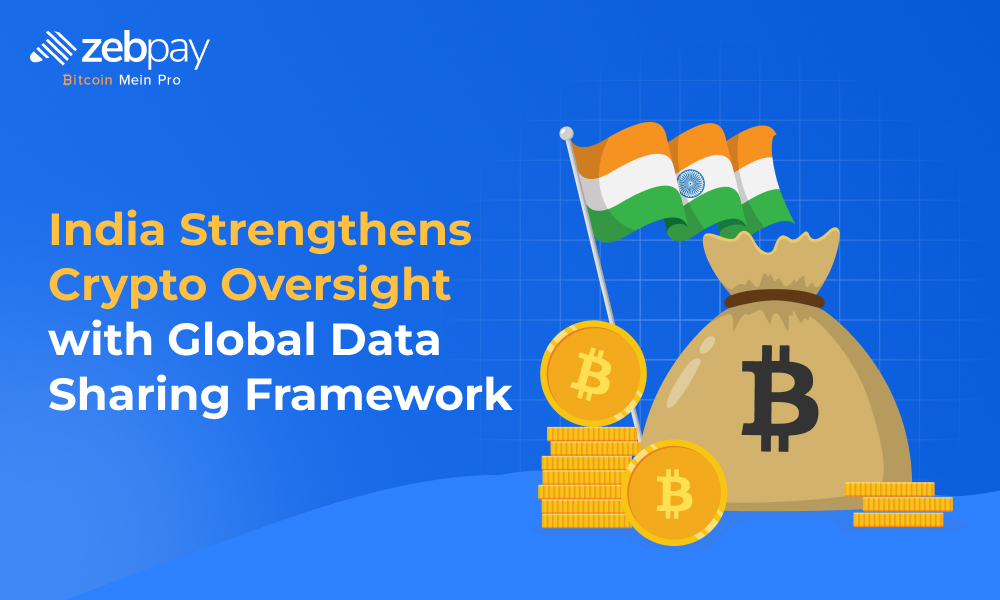The past few weeks have seen plenty of buzz around cryptocurrency regulations. Yes, even before the news of India’s cryptocurrency bill broke. For legislators across the globe, the use of cryptocurrency for criminal financing has been a significant concern. Incidents like the Bitcoin scam on Twitter last year don’t help this perception.
As blockchain technology gains more and more widespread acceptance, it is a matter of when it will be adopted by the Indian government. We’ve talked about the benefits of one such use case, with Chainlink and the Pradhan Mantri Fasal Bima Yojana.
On the other hand, cryptocurrency’s position is a lot less certain:
“I think many [cryptocurrencies] are used, at least in a transaction sense, mainly for illicit financing and I think we really need to examine ways in which we can curtail their use and make sure that anti-money laundering doesn’t occur through those channels.”
Janet Yellen, United States Secretary of the Treasury
Although she later offered a more nuanced take, the statement echoes the notification that banned crypto in India back in 2018:
“Technological innovations, including those underlying virtual currencies, have the potential to improve the efficiency and inclusiveness of the financial system. However, Virtual Currencies (VCs), also variously referred to as crypto currencies and crypto assets, raise concerns of consumer protection, market integrity and money laundering, among others.”
The transparent nature of the blockchain means we can observe the follow of assets from illicit sources. Our friends at Chainalysis tell us that only 0.52% of all transactions in the last 180 days fit this description.
Self-Regulate for Success
With that said, to prevent ill-informed regulations from being formed, cryptocurrency firms have moved created self-regulatory bodies. These associations serve several purposes: they act as a way to educate and inform the governments of the world about what appropriate regulation of cryptocurrency should look like, they self-institute measures to protect themselves and users, and ultimately help the crypto industry grow down a sustainable path.
We’ve had a big part to play in one of the first instances of such a self-regulatory body. In 2017, ZebPay joined forces with Unocoin, Coinsecure, and Searchtrade to form DABFI. The Digital Asset and Blockchain Foundation of India worked to develop regulations for the crypto industry.







